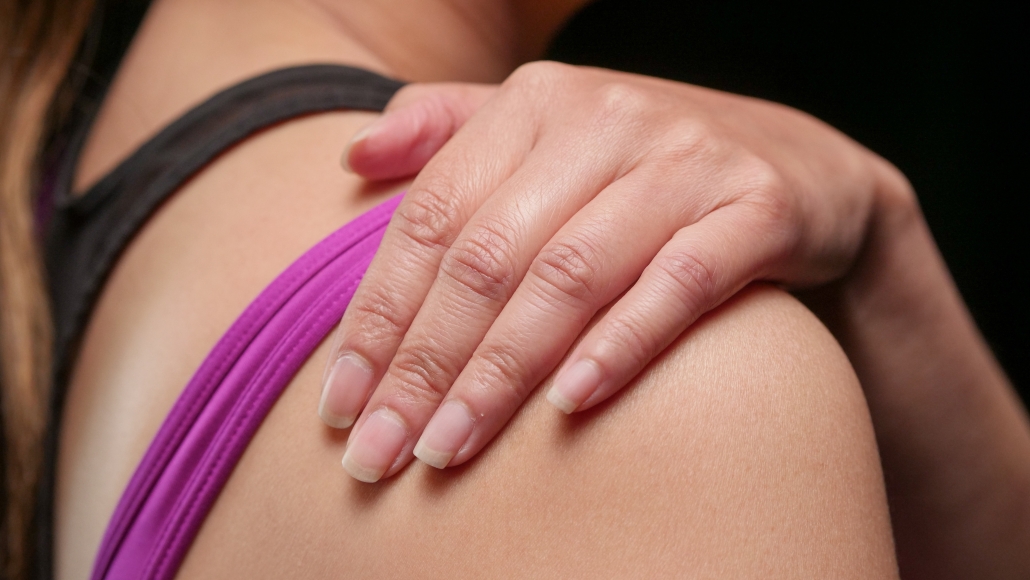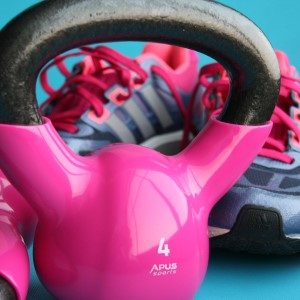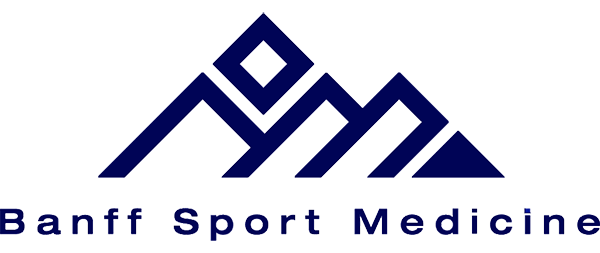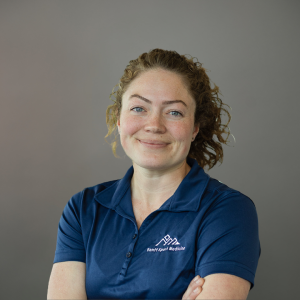The Musculoskeletal Syndrome of Menopause
The Basics
DID YOU KNOW??
51% of humans are born with ovaries
An estimated 47+ million women enter the menopause transition every year
10% of women may stop working due to unmanaged symptoms of menopause
Menopause & The Musculoskeletal Syndrome
A significant number of women globally enter menopause each year, with symptoms lasting anywhere from 2 – 10 years.
More than 35 symptoms are known to be associated with menopause, including hot flashes, brain fog, sleep disturbances, anxiety, and loss of libido.
Symptoms related to the musculoskeletal (MSK) system – tendons, ligaments, bones, muscles, and joints – are less commonly recognized.
Menopause = the natural and permanent end of a women’s menstrual period, officially diagnosed after 12 consecutive months without a period.
Visit the Menopause Foundation of Canada to learn more.
What are the symptoms of The MSK Syndrome of Menopause?
 This syndrome describes a group of symptoms that include:
This syndrome describes a group of symptoms that include:
- muscle and joint pain (arthralgia)
- loss of muscle mass (sarcopenia)
- decreased bone density (osteopenia / osteoporosis)
- increased tendon and ligament injury and pain (e.g. Achilles, gluteal)
- adhesive capsulitis (frozen shoulder)
- increased risk of osteoarthritis
For active women, these symptoms can have negative impacts on strength and power, recovery from activity, and balance.
What causes it?
These symptoms result from decreased estradiol levels (the most active form of estrogen), which impacts nearly all types of MSK tissue including bone, tendon, muscle, cartilage, ligament, and adipose tissue (body fat).
The decrease in estradiol levels leads to:
- an increase in inflammation
- a decrease in bone mineral density
- arthritis
- sarcopenia
- decrease in the cells responsible for generating new muscle cells
What can be done about it?
 According to Physiotherapist and Menopause Coaching Specialist, Heather King, women experiencing these symptoms can adapt!
According to Physiotherapist and Menopause Coaching Specialist, Heather King, women experiencing these symptoms can adapt!
Heather recommends:
- strength & power training
- impact exercise for bone health
- tendon loading programs
- balance & neuromotor training
- adequate fueling through nutrition and hydration, including protein
- Menopausal Hormone Therapy (MHT) when appropriate
Learn more about Exercise for Bone and Joint Health from local experts at the Wood Forum 2025, McCaig Institute for Bone and Joint Health.
Not sure where to start?
Book a 60-min initial consult with Physiotherapist and Menopause Coaching Specialist, Heather King, or consult with one of our Registered Dietitians.
Heather King, Registered Physiotherapist
Jordan Amantea, Registered Dietitian
Lindsay Haager, Registered Dietitian





